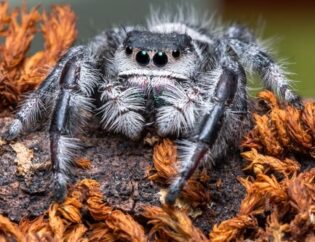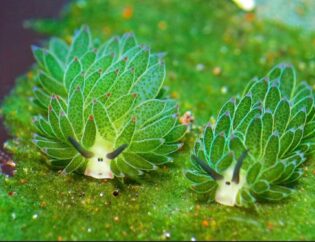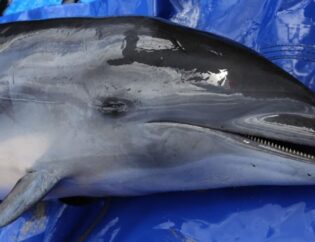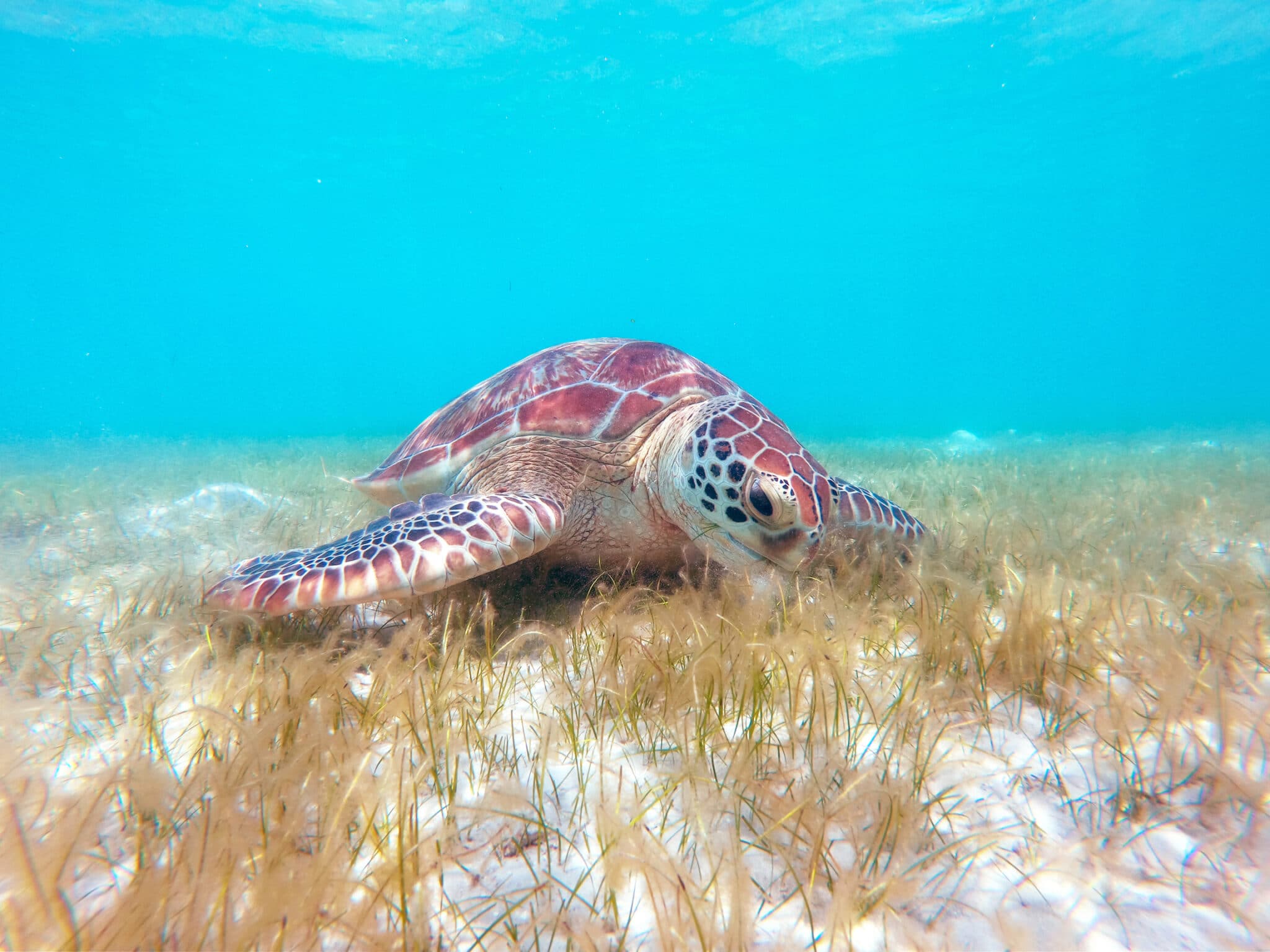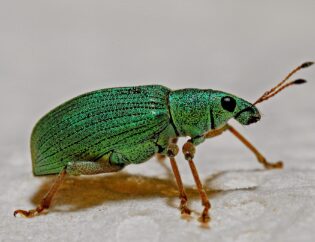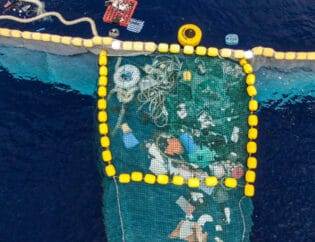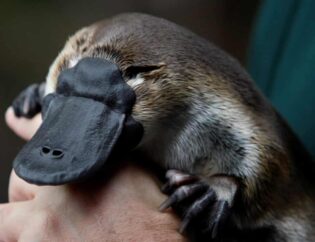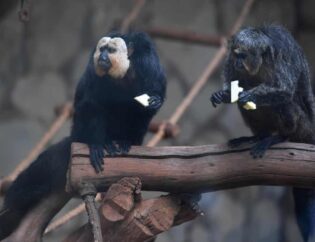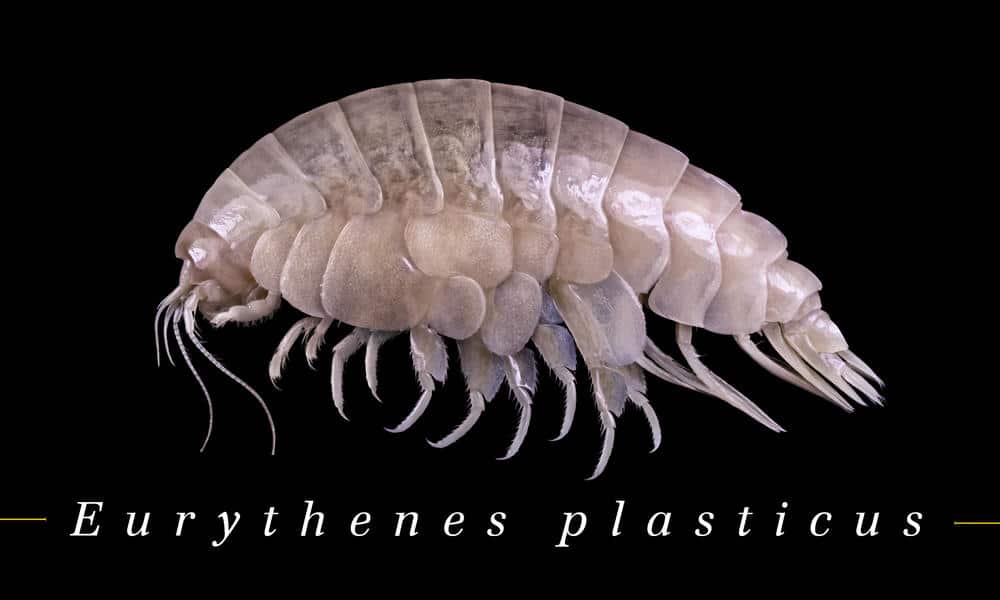
As part of an expedition to the Marianas Trench, the deepest trench in the world at 11,034 meters (36,201 feet) deep, in 2014, a team of scientists discovered a new species. Located about 6,900 meters below the ocean surface, one particular new specimen of crustacean was alarmingly already polluted with plastic before it was even known to science. As a result, the scientists dubbed the new species Eurythenes plasticus.
More than 270 species of wildlife have been adversely affected by plastic pollution. About 90% of seabirds are estimated to have plastic in their stomach, and more than 100,000 marine mammals are killed by plastic debris each year. While plastic contamination in animals is not a new occurrence, unfortunately, the presence of plastic pollutants in a newly discovered species, in an area of our planet that we have yet to fully explore, makes this news particularly unsettling.


